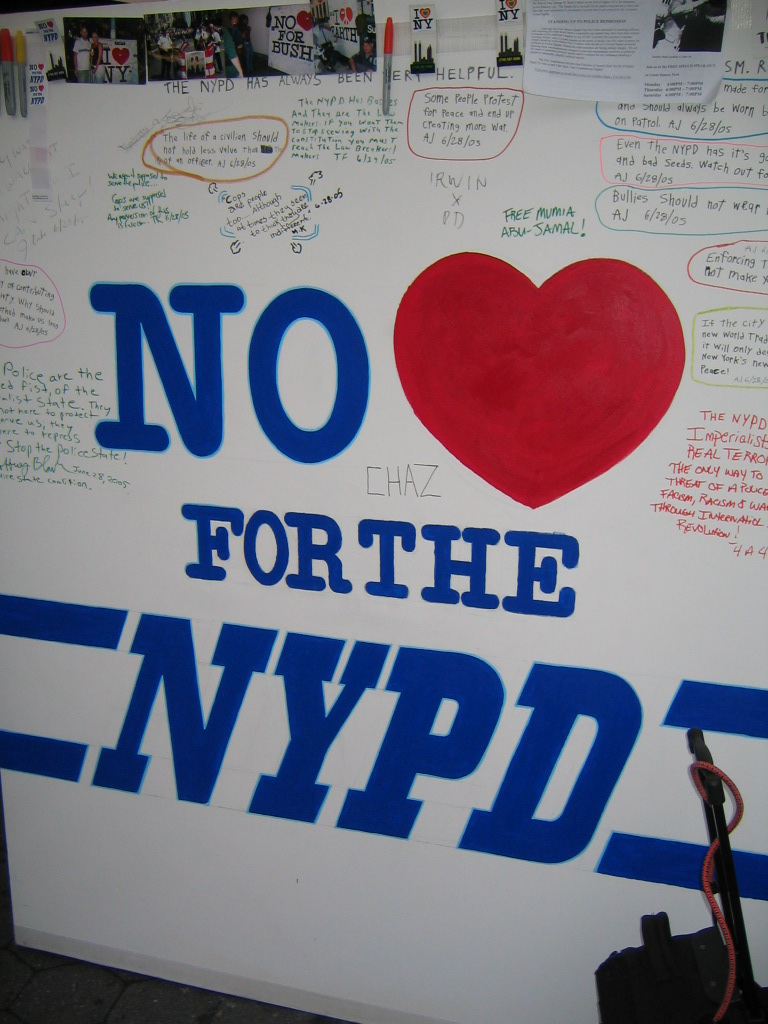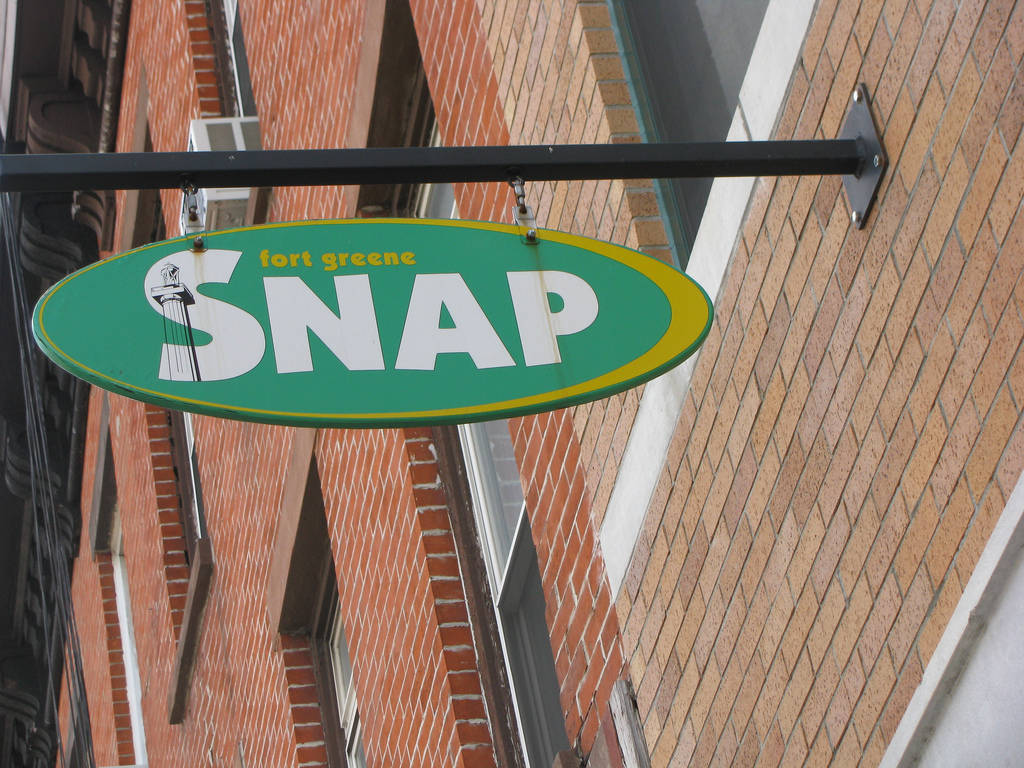The Emperor Has Clothes, But They're From Sweatshops

The Obama administration has called on clothing buyers to use their purchasing power to improve working conditions in the global apparel industry, but the contractors who supply uniforms for the federal workforce are still sourcing hundreds of millions of dollars worth of clothing from sweatshops, Ian Urbina reports:
Labor Department officials say that federal agencies have “zero tolerance” for using overseas plants that break local laws, but American government suppliers in countries including Bangladesh, the Dominican Republic, Haiti, Mexico, Pakistan and Vietnam show a pattern of legal violations and harsh working conditions, according to audits and interviews at factories. Among them: padlocked fire exits, buildings at risk of collapse, falsified wage records and repeated hand punctures from sewing needles when workers were pushed to hurry up.
The U.S. Marine Corps buys shirts from a Bangladeshi factory where children make up a third of the workforce.
[Photo credit: for illustration, NYC Marines.]







